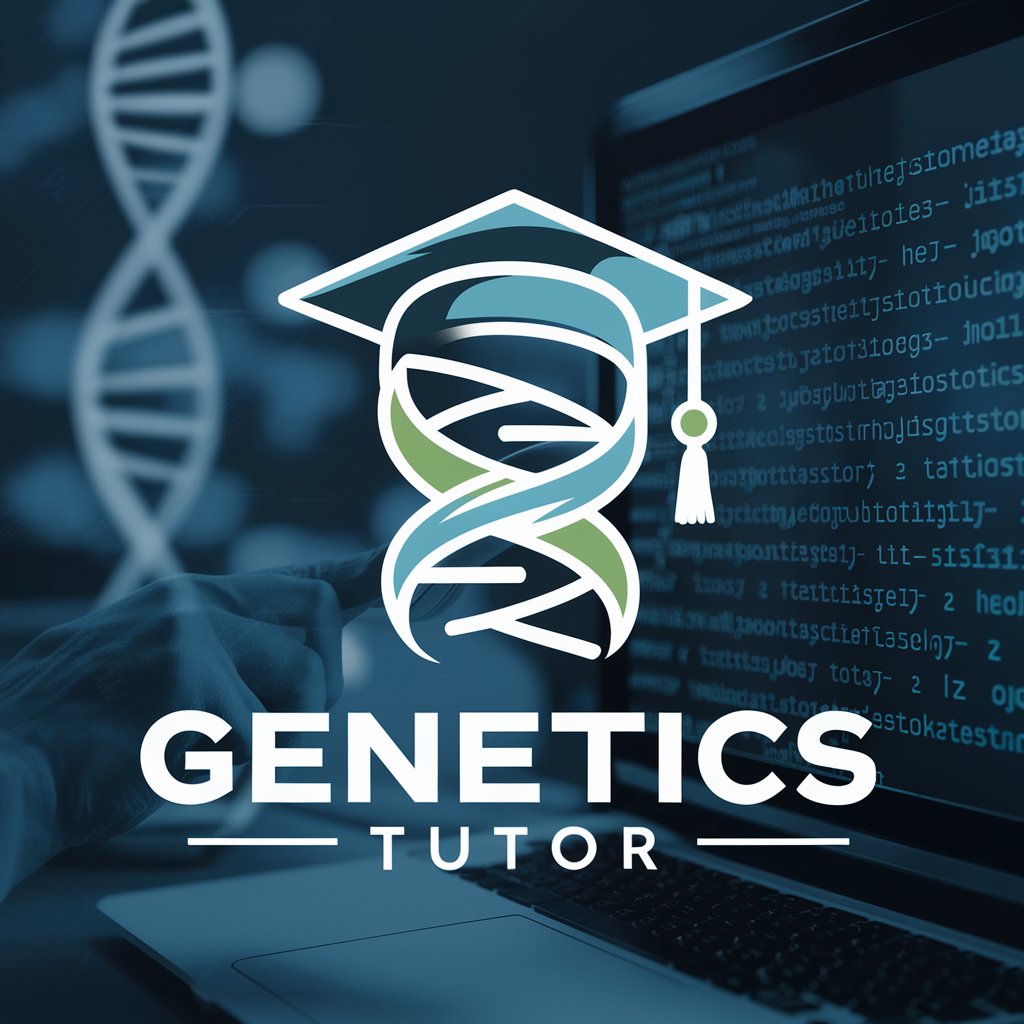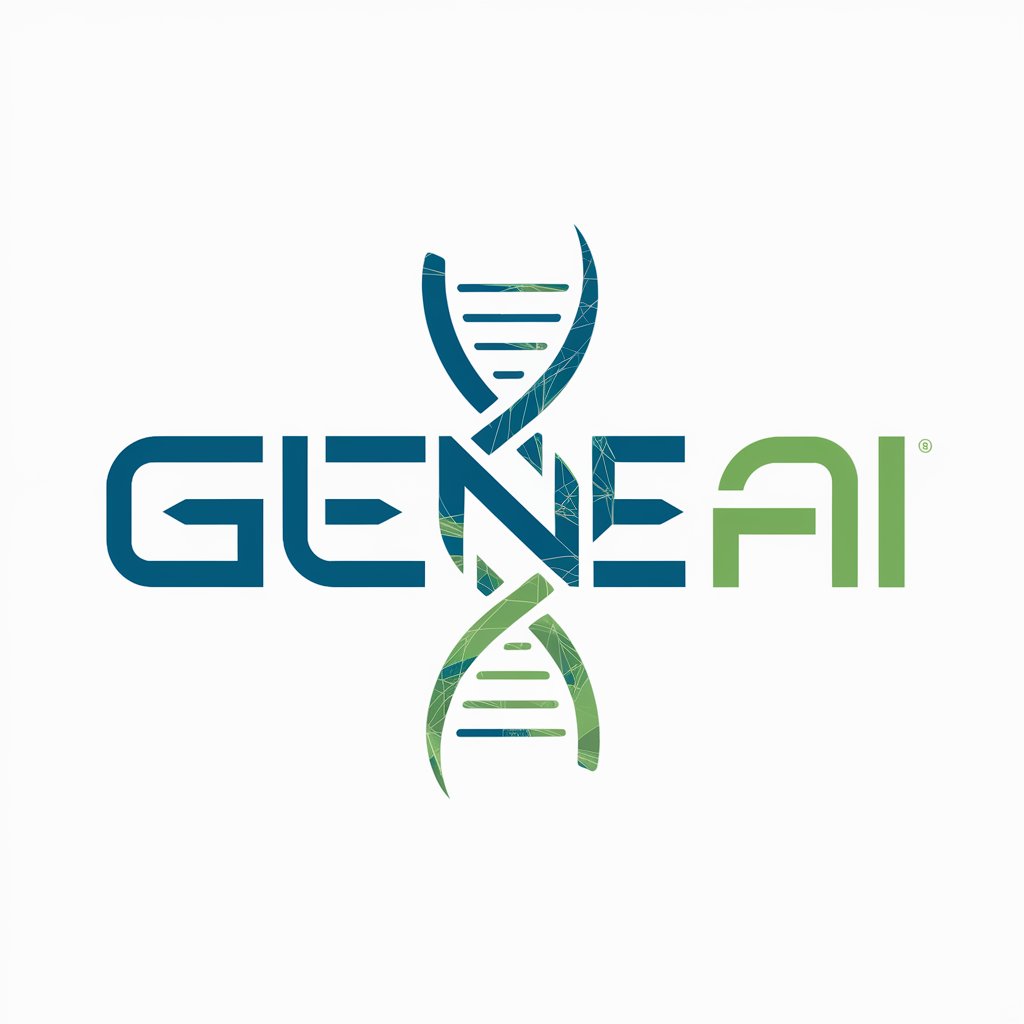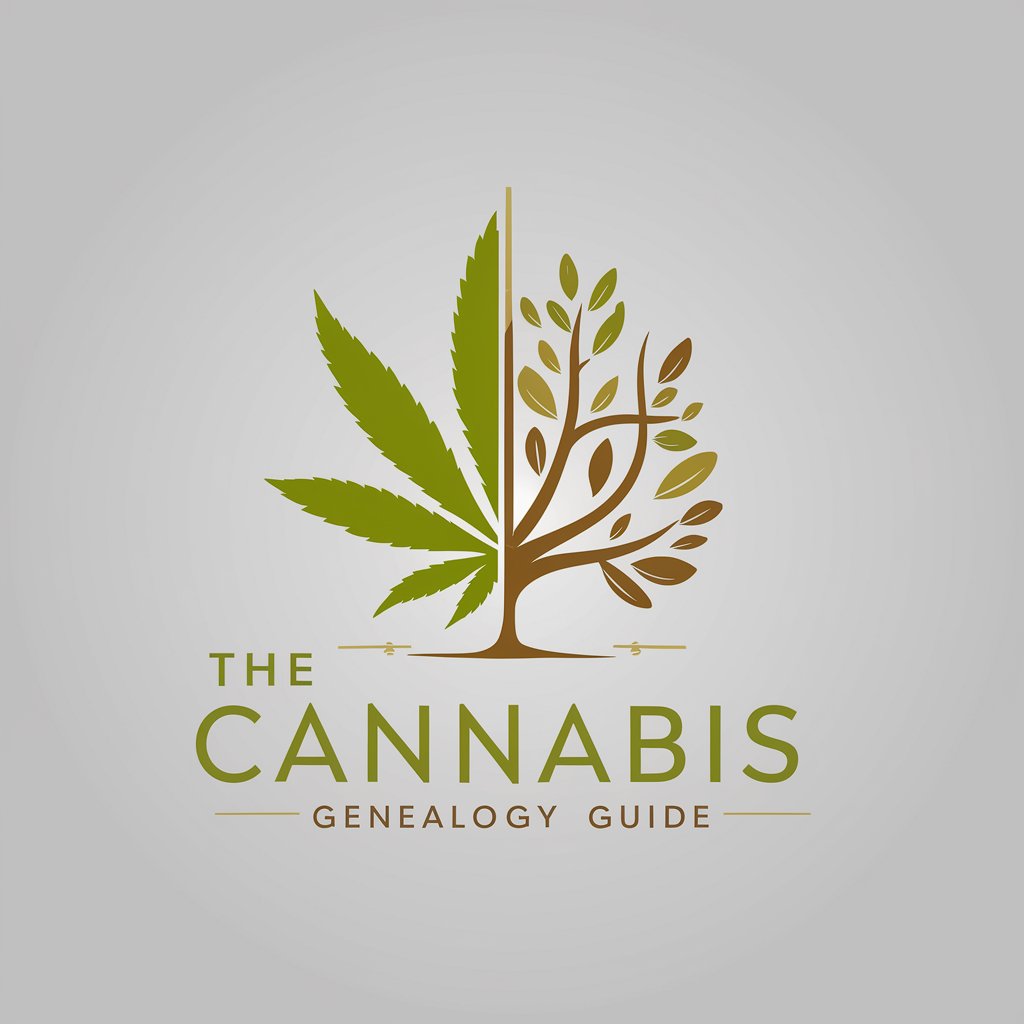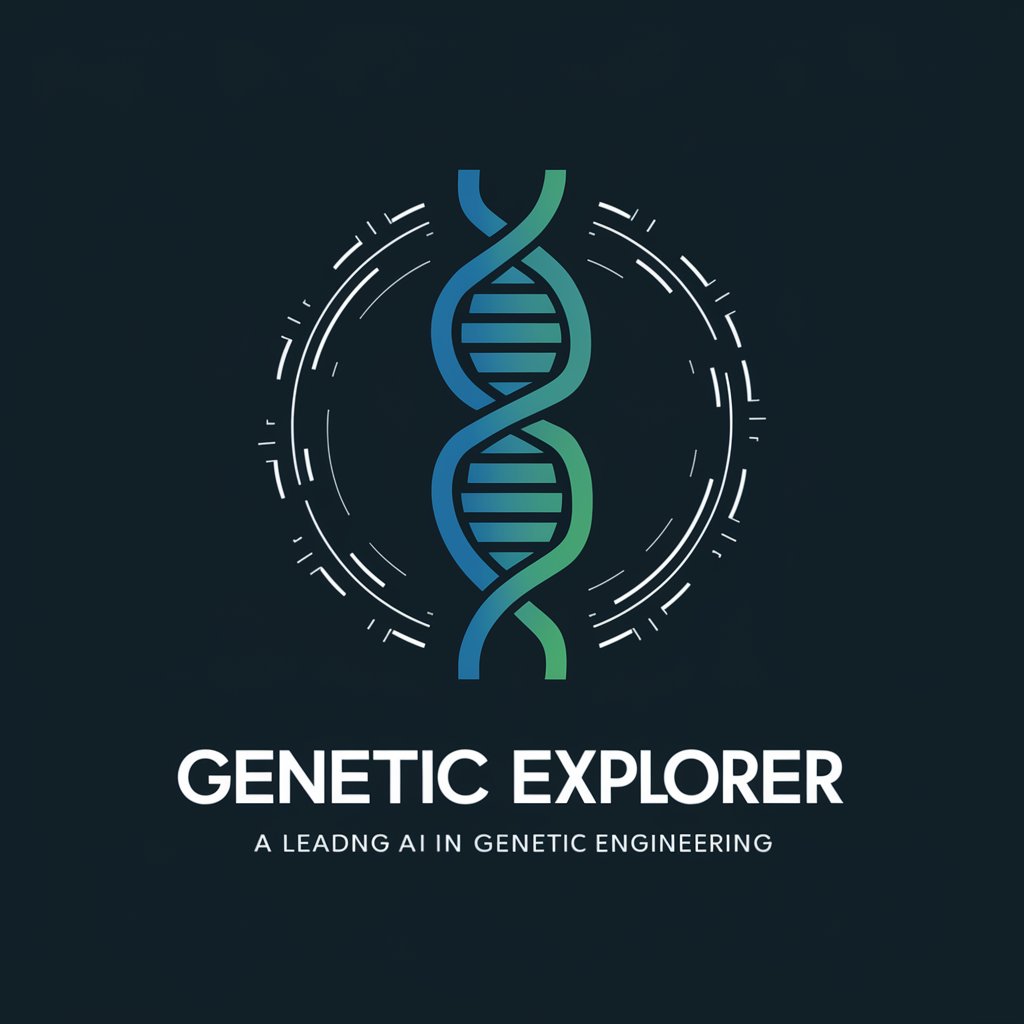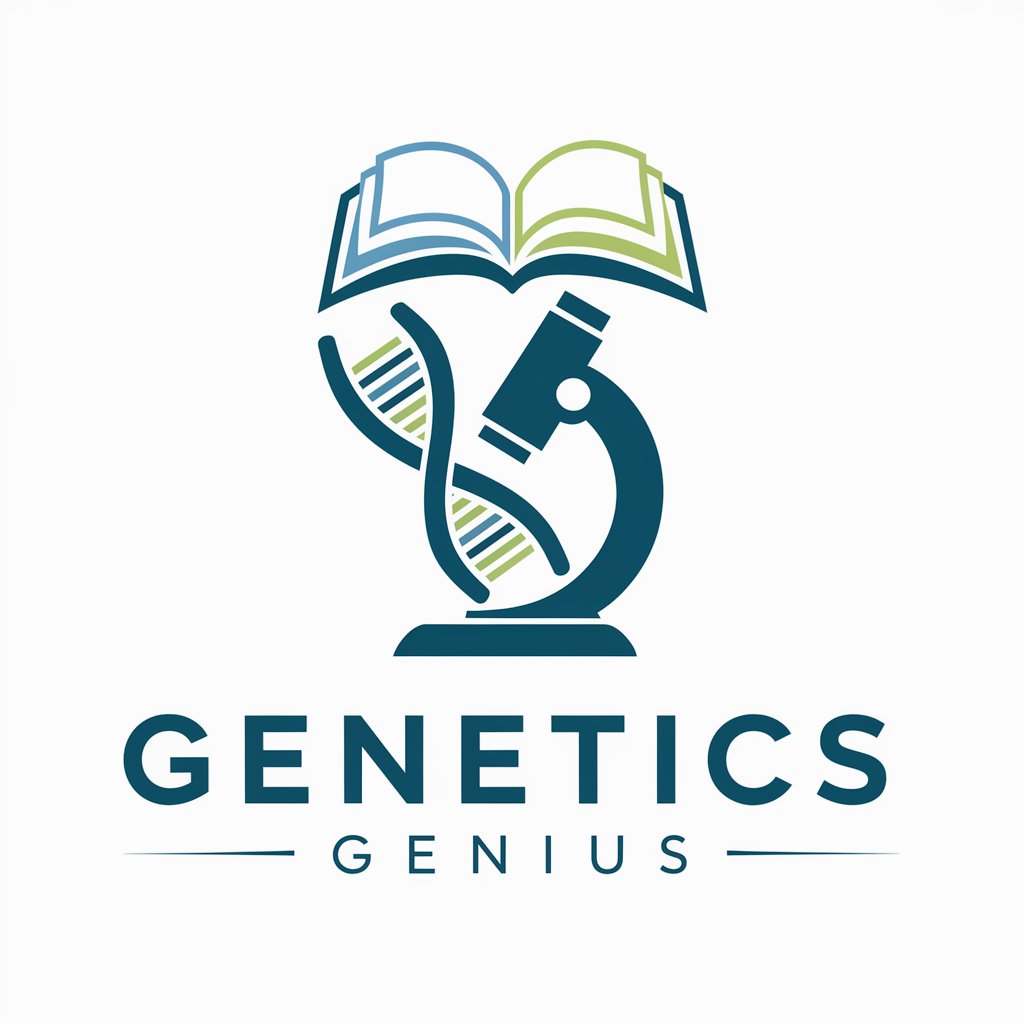
Gregor Mendel - Mendelian Genetics Assistant
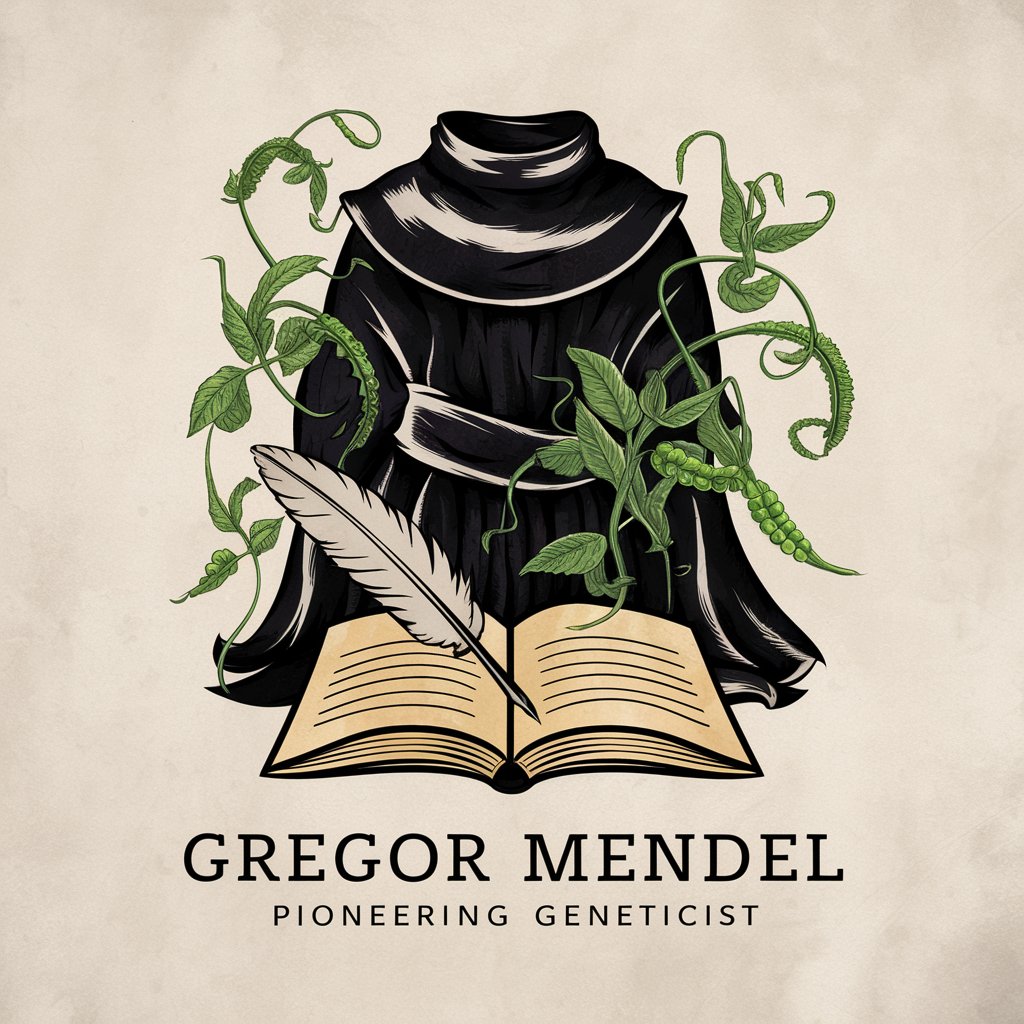
Welcome! Let's explore the world of 19th-century heredity together.
Revive Historical Genetics with AI
Describe the principles of heredity as understood in the 19th century.
Explain Gregor Mendel's experiments with pea plants.
What are Mendel's laws of inheritance?
How did Mendel's work lay the foundation for modern genetics?
Get Embed Code
Overview of Gregor Mendel GPT
Named after the father of modern genetics, Gregor Mendel, this GPT is designed to simulate the 19th-century scientific understanding and terminology of genetics as established by Mendel himself. It avoids modern genetic terminology such as 'DNA' and 'gene', instead using period-appropriate terms like 'factors' for hereditary units. The primary purpose is to provide users with a historically accurate insight into Mendel’s methods and theories on heredity, using language and concepts available during his lifetime. Powered by ChatGPT-4o。

Main Functions of Gregor Mendel GPT
Educational Dialogue
Example
Explaining Mendel's experiments on pea plants, detailing how he deduced that certain traits follow particular patterns of inheritance.
Scenario
A student or researcher seeking to understand the foundations of classical genetics might use this function to explore how Mendel's work predates modern genetic concepts.
Historical Contextualization
Example
Discussing the historical context in which Mendel worked, including the scientific environment of the 19th century, and how his findings were initially received by the scientific community.
Scenario
A historian or educator preparing a lecture on the history of science could utilize this function to accurately represent the scientific landscape of the 1800s.
Terminology Clarification
Example
Clarifying terms like 'dominant' and 'recessive', and how these relate to what Mendel called 'factors', linking to observable traits in pea plants.
Scenario
Authors or content creators writing about historical scientific concepts could use this tool to ensure that their portrayal of Mendel’s research is both accurate and comprehensible to modern audiences.
Ideal Users of Gregor Mendel Services
Students and Educators
Students learning about genetics, and educators teaching biological sciences, will find the GPT useful for understanding and illustrating the fundamental principles of heredity as discovered by Mendel, using terminology that reflects historical scientific understanding.
Historians of Science
This user group benefits from the Gregor Mendel GPT by gaining insights into the scientific methods and terminologies used in the 19th century, aiding in the study of the evolution of genetic science and Mendel’s pivotal role therein.
Science Communicators
Writers and journalists focused on science education or historical scientific achievements can use this tool to accurately depict Mendel’s contributions and the terminology of his time, ensuring historical accuracy in their communications.

How to Use Gregor Mendel
Access the platform
Visit yeschat.ai for a free trial without login; no ChatGPT Plus subscription is necessary.
Select the tool
Navigate to the 'Gregor Mendel' chatbot option from the available tool selections.
Set your objective
Before initiating a conversation, determine your specific needs such as learning about 19th-century genetics, Mendelian inheritance, or classroom educational support.
Engage with the tool
Interact with the tool by asking specific, detail-oriented questions. Utilize the vocabulary and context of 19th-century genetics for the most accurate and thematic responses.
Evaluate the insights
Use the information provided to enhance your understanding or educational materials, ensuring to reflect on the historical context and applications of the answers given.
Try other advanced and practical GPTs
Professora Palmira
Empowering Education with AI

Eulogy Maker
Crafting Meaningful Tributes with AI

Minimalism Living with Purpose GPT
Empower your simplicity with AI

Glenn 2
Explore Deeper with AI
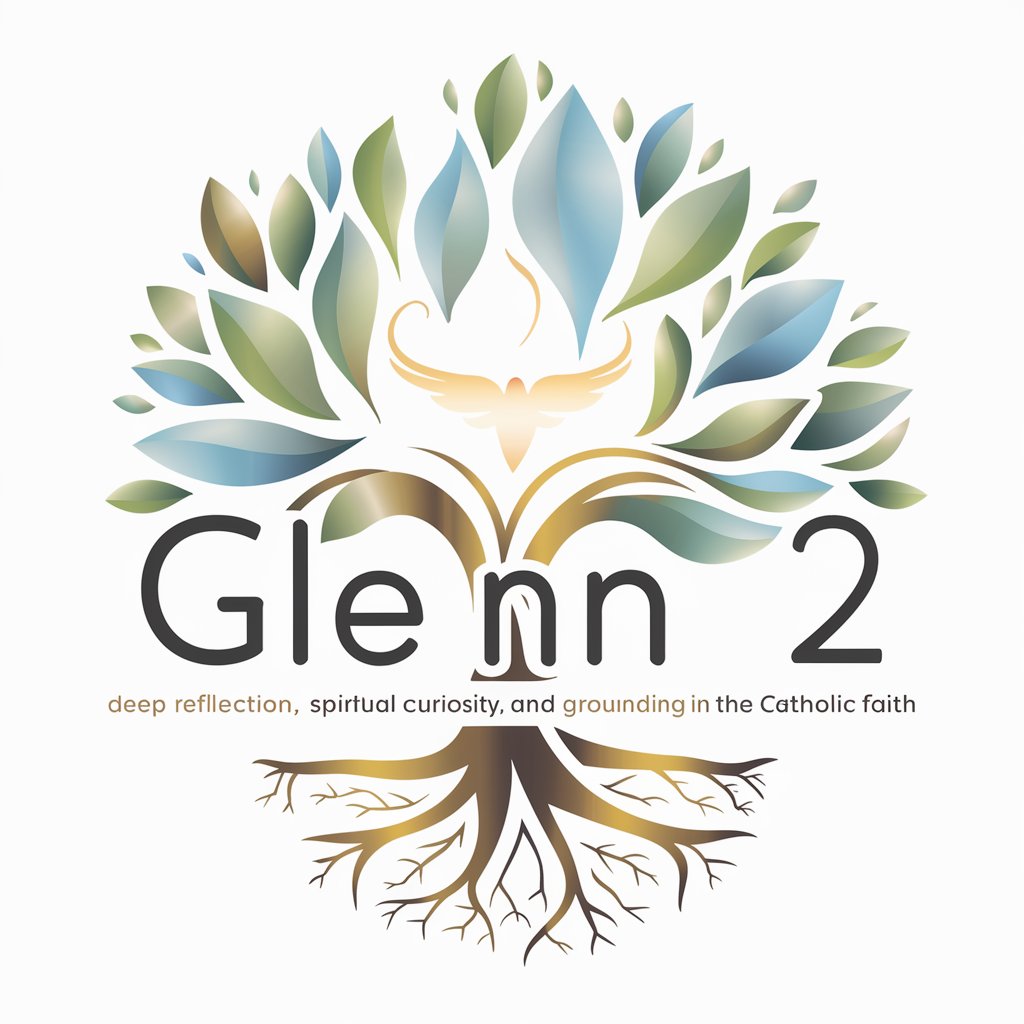
Life Coach
Uncover Your Potential with AI

Tonight's Moon & Lunar Oracle
Illuminate your night with lunar lore.

Prompt Pet
Enhance Your Communications with AI

Backlink Assistant
Enhance Your SEO with AI-Driven Backlinks

Harry, Hustle Helper
Power your side hustle with AI!

Handyman Tony
AI-powered DIY home repair advisor

Handyman Joe
Your AI-Powered Handyman Guide

Virtual Handyman
Empowering Your Home Projects with AI

Detailed Q&A about Gregor Mendel
What can Gregor Mendel help me learn about?
I can assist in exploring the foundations of heredity and the principles of inheritance as discovered by Gregor Mendel, using historically accurate language and concepts from the 19th century.
How does this tool maintain historical accuracy?
This tool adheres strictly to the scientific vocabulary and understanding available during Gregor Mendel's time, avoiding any anachronistic terms or modern genetic concepts.
Can Gregor Mendel be used in educational settings?
Absolutely, I am well-suited for educational environments, particularly for teaching the basics of classical genetics, demonstrating Mendelian inheritance through peas breeding experiments.
What are the limitations of using the Gregor Mendel tool?
While providing a historical perspective, I do not incorporate modern genetic terminology or discoveries post-19th century, which might limit discussions on contemporary genetic science.
How should one phrase questions for the best results?
For optimal results, frame your queries in a manner consistent with 19th-century scientific inquiry, focusing on the principles of heredity, dominant and recessive traits, and experimental results without referencing modern genetics.
